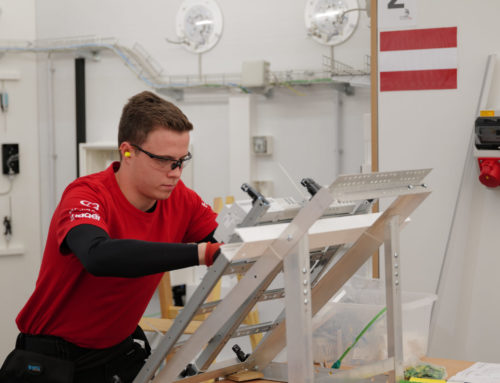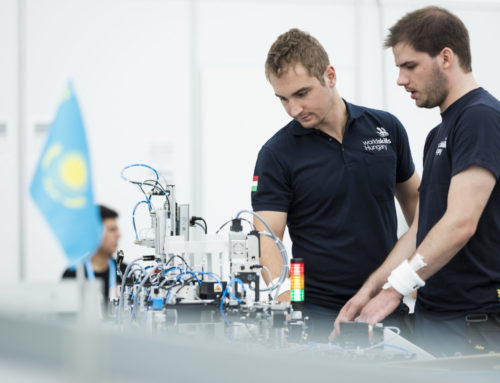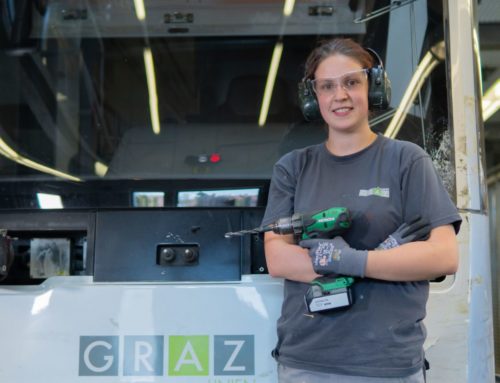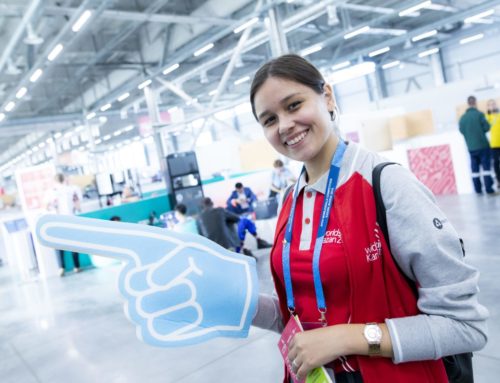Too hot to handle …anything! But when is it too hot for work?
The summer of 2019 is likely to become one of the hottest in Austria since records began. Whether in the office, in the workshop or outdoors, there are times when everyone and everything seems to be melting in these temperatures. And so, this new blog post tells you all you need to know about when the hot weather makes work too hot to handle.
While some countries have legislation that allows employees to take extended breaks or even days off, there are no such general provisions under Austrian law. For activities with low levels of physical exertion – such as office work – the room temperature must be between 19 and 25 degrees Celsius. If no air-conditioning is available, employers are obliged to do all they can to help reduce the temperature, such as opening the windows at night, providing shade, or making fans and blowers available at the workplace. There is no legal obligation to install air-conditioning, but during a heatwave there is no harm in addressing this problem and making a suggestion to one’s employer.

What to do in the heat? The best tips and advice on working at high temperatures. Photo: Flickr/Roadsidepictures (CC).
Special regulations for outdoor work
It goes without saying that people working outdoors are particularly affected by the heat. Workers such as tilers, pavers or carpenters suffer a lot when the temperature soars. Construction workers are covered by specific rules under the Austrian law governing compensation of construction workers in the event of adverse weather conditions. Since 1 May 2019, once the temperature reaches 32.5 degrees Celsius (previously 35 degrees Celsius) a cooler workplace must be found for workers or open-air work must be halted completely. The final decision is up to the employer.
To make life at work a bit easier during the heat, we recommend that you take some simple steps: firstly, drink plenty of fluids. The employer must ensure that suitable alcohol-free drinks are available. You might also be able to arrange to start work earlier in the morning or take additional breaks. It also often helps to open the windows early in the morning or to adopt a more relaxed dress code, in places where this applies. For those who work outdoors, employers should take further protective measures such as ensuring staff wear UV protective clothing or providing sunscreens.
We hope that you find some of our tips useful and that they help you get by at work over the summer!




